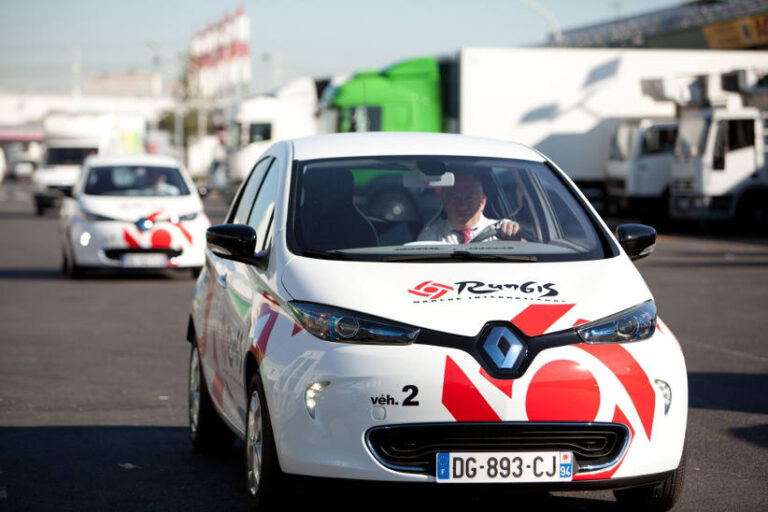– By Marc Sibbald –
In March Hyundai and Renault announced programs with selected customers for their alternative fuel vehicles. This strategy to target open minded Fleet Managers, that are willing to be early adopters of new technology, should send a strong signal to governments and industry participants that these vehicles are coming regardless of what the skeptics think.
When I spoke to Emily Fadeyev, Corporate Communications Manager at Renault, about their rollout of the Zoe EV with Melbourne Water, I joked that identifying potential customers should be easy, ‘just look for solar panels on the roof’. Though Fadeyev liked the idea, she confirmed their plan was about more than finding companies that only wanted an EV for looks.
“It’s about finding businesses that are ready to accept EVs in their organisation so the ownership experience is a good one” said Fadeyev. “We are working really hard to match the customers to the vehicles so its the right fit. The rollout with Melbourne Water will expose a lot of staff to the vehicle and give them a positive EV experience”.
Infrastructure for electric vehicles doesn’t just mean charge stations in the workplace or shopping centres. The requirements to service and maintain any alternative fuel vehicle is different to an internal combustion engine. So manufacturers need to work with dealers to train their staff which requires an investment and a strong commitment to the program.
“Two dealers are ready to handle the Zoe” confirms Fadeyev. “We have one in Sydney and one in Melbourne. The amount of training and investment is substantial so we are working with the network to increase the number of dealer as we increase the number of customers”.
“There have been 85,000 Zoe sold in Europe so this isn’t a trial and we have access to more vehicles as sales increase with the general acceptance of EVs by the community”.
“Government subsidies are not crucial to adoption” states Fadeyev. “There are other ways to show consumers and fleets that electric vehicles are ok to buy and own”.
Everyone agrees that Tesla made electric vehicles appealing and aspirational. Though there are three main factors that are driving a greater acceptance by fleet mangers and novated lease customers of alternative fuel vehicles.
The first is the changes that are happening globally. The VW ‘diesel gate’ scandal started the ball rolling but now governments are making legislation to phase out traditional petrol and diesel vehicles. The most recent ruling in February was by a court in Germany that gives local government the power to ban diesel vehicles in their CBD.
The second factor is the improvement in battery life. Range anxiety has been one of the biggest issues with EV adoption. Though improvements in technology and education by manufacturers has relieved most of the concerns. When consumers realise that they only average 20-30 kilometres per trip their anxiety quickly evaporates and the sales conversation moves on to the financial and environmental benefits.
And finally as electric vehicles look less futuristic and more main stream people can start to envisage one parked in their driveway. Vehicles like the Renault Zoe and Nissan Leaf look like a normal small car rather than a spaceship. This helps with the mainstream consumer that doesn’t want to be making an environmental statement with their choice of vehicle. And as SUVs and mid-size sedans become available the number of potential customers increases.






